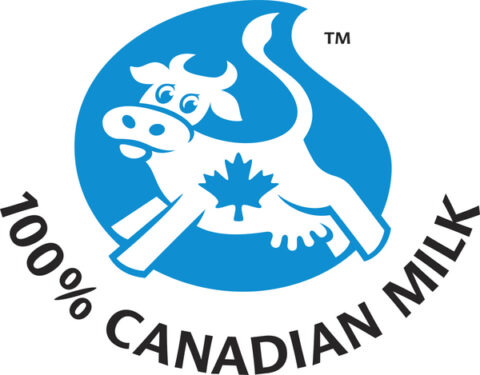In The Line, Greg Quinn points out just how blatantly hypocritical Canada’s politicians and diplomats are in any discussion with other nations when the subject turns to free trade:
Let me say this upfront, and clearly: when it comes to international trade, Canada is protectionist to an astonishing degree whilst at the same time claiming it is a supporter of global free trade. It wants every other country to open up (and complains when they don’t, or when they stand their ground) whilst ensuring access to the Canadian market is more difficult. This is a result of federal policy, inter-provincial restrictions, and vested interests. And it is flagrantly hypocritical.
When it comes to dairy, beef and the mutual recognition of professional qualifications, for example, Canada’s claim to openness is simply a lie. Agricultural groups and businesses dominate and control the local landscape and attempts to either overcome that (or bring external companies in) have failed on many occasions over the years. This could well get worse if the Liberals agree to what the Bloc Québécois has demanded — even more dairy protections — in a desperate attempt to remain in power for a little while longer.
Some of these issues are well known to Canadians — particularly the domestic ones, or the ones that touch on national unity frictions. But I’m not sure Canadians understand how this is perceived globally, including by Canada’s allies. Readers may recall that there was a mild furore a while back when the U.K. dared to pause trade negotiations as Canada refused to move on access for British cheese. There were accusations of the U.K. not playing fair and such like.
It’s bad enough that we “protect” Canadians from lower-priced foreign food, but we even manage to maintain inter-provincial trade barriers that directly harm all Canadian consumers:
Then we have interprovincial trade barriers. According to the Business Council of Alberta in a 2021 report, these barriers are tantamount to a 6.9 per cent tariff on Canadian goods. They also noted that removal of these could boost Canada’s GDP by some 3.8 per cent (or C$80 billion), increase average wages by some C$1,800 per person, and increase government revenues for social programming by some 4.4 per cent.These barriers hinder internal trade between the provinces, including the work of those companies that import goods from other countries.
A freer market, at home or globally, would not solve all the issues that exist with prices, but it would certainly increase competition and give consumers more choice. What exists at the minute is a pretense of choice.
Opening up the Canadian market would certainly benefit other countries, including my own United Kingdom, and there would be some impact on local business and producers. This is true, and acknowledged. But opening itself up to more global trade and dismantling internal trade barriers — and these are things all the politicians insist they like the sound of in theory — would be a win-win for Canadian consumers and Canadian society as a whole. Some big companies and carefully coddled special interests would be upset, but they aren’t supposed to be the ones making decisions in a democracy, or in a free market.




